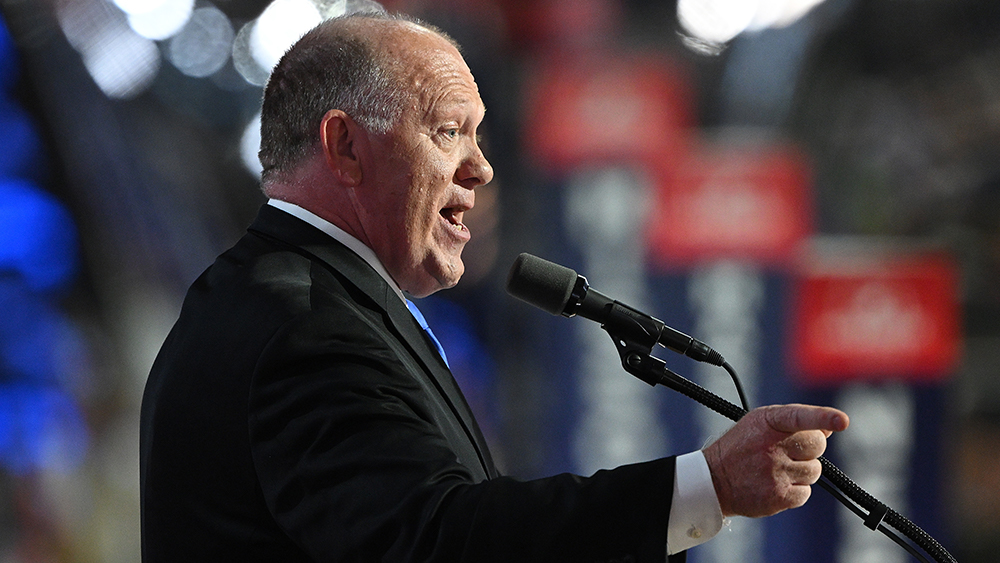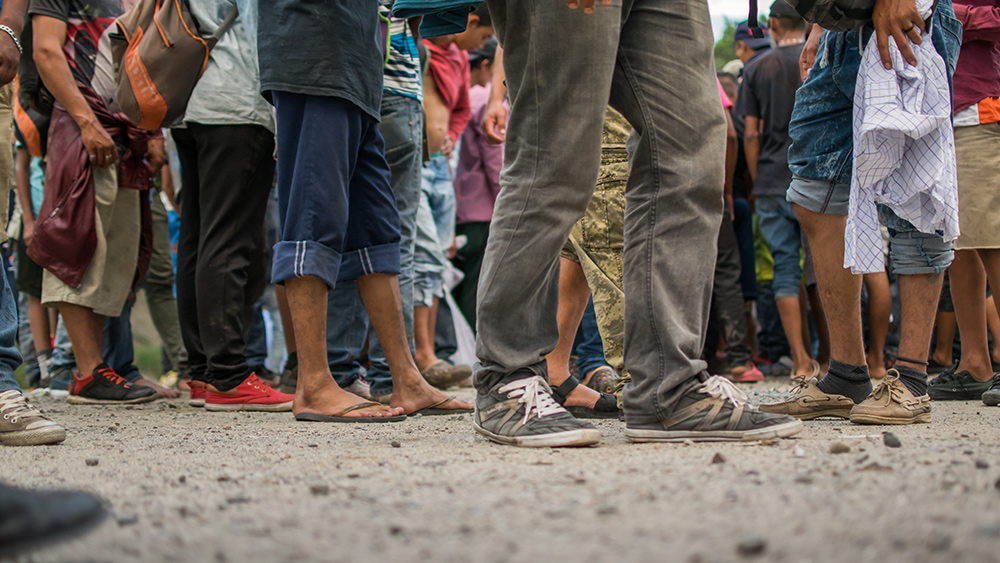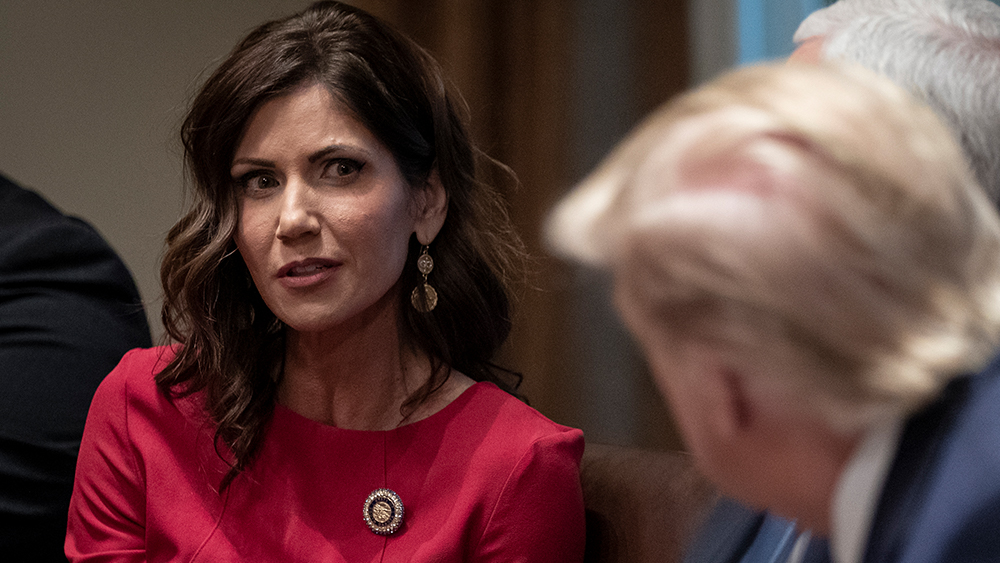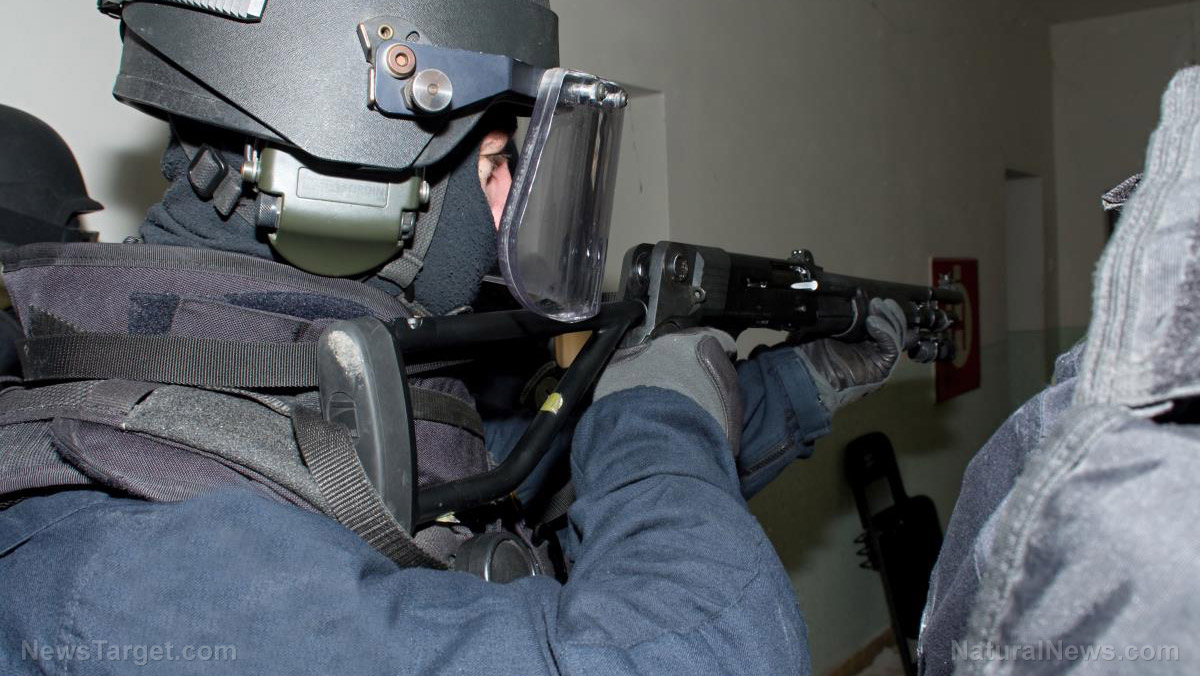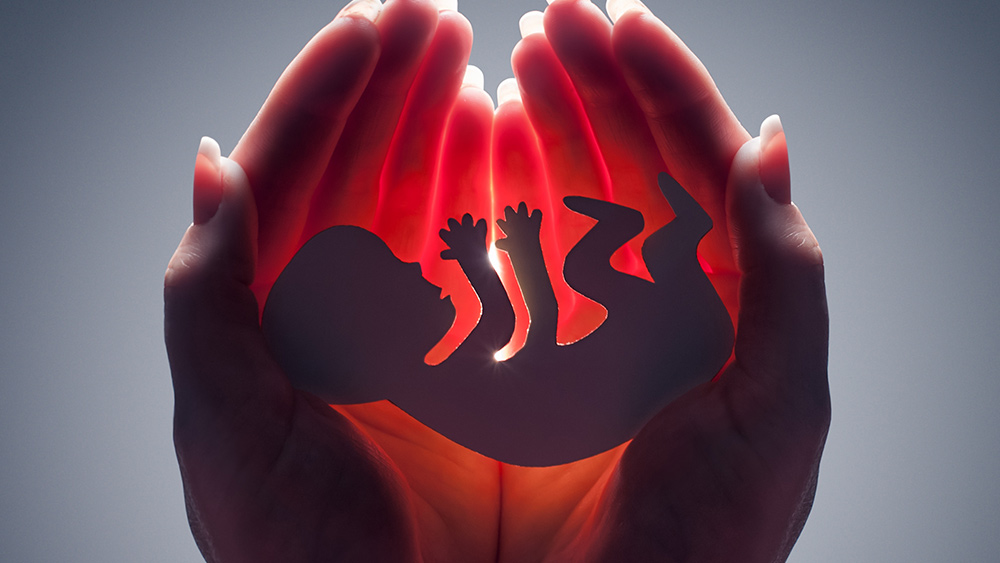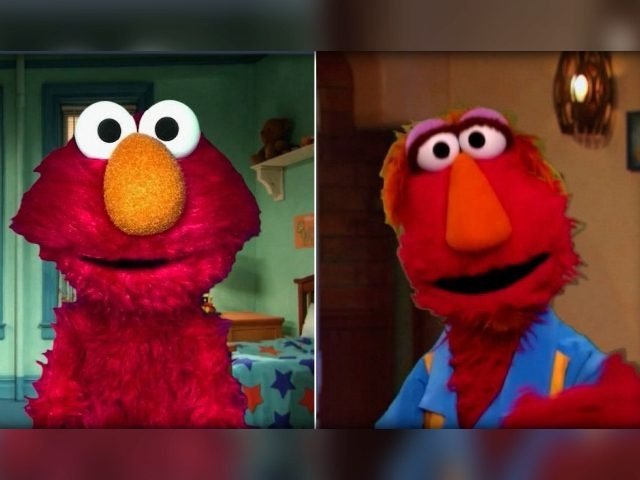Germany signals shift in Ukraine strategy: A diplomatic end to the conflict?
06/05/2025 / By Belle Carter

- German Foreign Minister Johann Wadephul acknowledged that the Russia-Ukraine war is unlikely to end with Russia’s military defeat, emphasizing the necessity of a negotiated settlement – a pragmatic shift in Germany’s stance.
- Germany aims to bolster Ukraine’s military capabilities to ensure it has leverage in potential peace talks, balancing military aid with the inevitability of diplomacy.
- Despite advocating for negotiations, Germany is escalating military aid, lifting restrictions on Ukrainian strikes and considering supplying long-range Taurus missiles, alongside a new €5.2 billion ($5.6 billion) aid package for Ukrainian arms production.
- Chancellor Friedrich Merz criticized Russia’s delaying tactics in negotiations, signaling Germany’s tougher approach, while Wadephul highlighted the need to counter Russian sabotage and cyberattacks.
- Germany stressed the importance of sustained EU sanctions and U.S. support for Ukraine, urging allies to maintain a unified response amid uncertainty over future American aid.
In a candid interview with the German newspaper Süddeutsche Zeitung (SZ), Foreign Minister Johann Wadephul acknowledged that the Russia-Ukraine conflict is unlikely to end with Russia’s complete military defeat. Instead, he emphasized the necessity for a negotiated settlement, marking a subtle but significant shift in Germany’s approach to the war.
Wadephul’s remarks underscore a growing recognition within the German government that a military victory over Russia is improbable, given Moscow’s nuclear arsenal and the protracted nature of the conflict.
“It was clear from the beginning that this war would most likely end through a negotiated settlement,” Wadephul told SZ. This admission reflects a more pragmatic stance, acknowledging the limitations of military force in achieving a decisive outcome.
The foreign minister emphasized the importance of strengthening Ukraine’s position in potential peace talks.
“We want to ensure that Ukraine can defend itself and has a strong negotiating position,” he said.
This approach aims to balance the need for military support with the recognition that a diplomatic resolution is ultimately inevitable.
Germany’s military buildup
Despite the call for diplomacy, Germany is not backing down on its commitment to support Ukraine militarily. Chancellor Friedrich Merz has lifted range restrictions on Ukrainian strikes using German-supplied missiles and is considering providing Kyiv with Taurus missiles, which have a range of 500km. This move signals a more assertive stance against Russia, as Berlin seeks to deter further aggression. (Related: Russia prepared to strike Germany if Ukraine uses German-supplied Taurus missiles against Russian targets.)
The German government has also announced a new military aid package for Ukraine worth €5.2 billion ($5.6 billion), primarily aimed at boosting Ukraine’s domestic production of long-range weaponry. This significant investment underscores Germany’s commitment to bolstering Ukraine’s defense capabilities.
Under Merz’s leadership, Germany’s position on Russia has become increasingly hardline. The chancellor has criticized Moscow’s tactics in the negotiations, suggesting that the Kremlin is more interested in stalling for time than in reaching a genuine peace agreement.
“Russia’s behavior indicates a desire to drag out the conflict rather than to achieve real peace,” Merz stated.
This hardening stance is also reflected in Germany’s response to Russia’s hybrid warfare tactics. Wadephul acknowledged the need to consider response measures to Russian acts of sabotage and cyberattacks.
“We must find new methods to deal with this,” he said, highlighting the evolving nature of the threat.
The role of the EU and the U.S.
Wadephul expressed confidence in the European Union’s ability to maintain pressure on Moscow through sanctions. However, he also noted the importance of continued U.S. support for Ukraine.
“The question of future U.S. aid remains open, which should push the EU to take new steps,” he said.
The foreign minister’s comments reflect a broader recognition of the need for a coordinated Western response to the conflict. As Germany seeks to navigate the complexities of the situation, it is also urging its allies to remain vigilant and committed to supporting Ukraine.
In conclusion, Germany’s evolving stance on the Ukraine conflict reflects the delicate balance between military support and diplomatic engagement. While Berlin remains committed to aiding Ukraine, it is also acknowledging the realities of the situation and the need for a negotiated settlement.
As the conflict enters a critical phase, the decisions made by Germany and its allies will have far-reaching implications for the future of European security and the prospects for peace in the region.
Watch the video below that talks about Russia escalating its attacks on Ukraine.
This video is from the TrendingNews channel on Brighteon.com.
More related stories:
Russia-Ukraine war escalates as Germany lifts missile restrictions, risking broader conflict.
Kremlin slams lifting of range restrictions on Western weapons supplied to Ukraine.
Sources include:
Submit a correction >>
Tagged Under:
awakening, big government, ceasefire negotiations, chaos, Germany, Johann Wadephul, national security, peace deal, politics, progress, rational, regional security, Russia, Russia-Ukraine war, sanctions, Ukraine, WWIII
This article may contain statements that reflect the opinion of the author
RECENT NEWS & ARTICLES
COPYRIGHT © 2017 BIG GOVERNMENT NEWS


